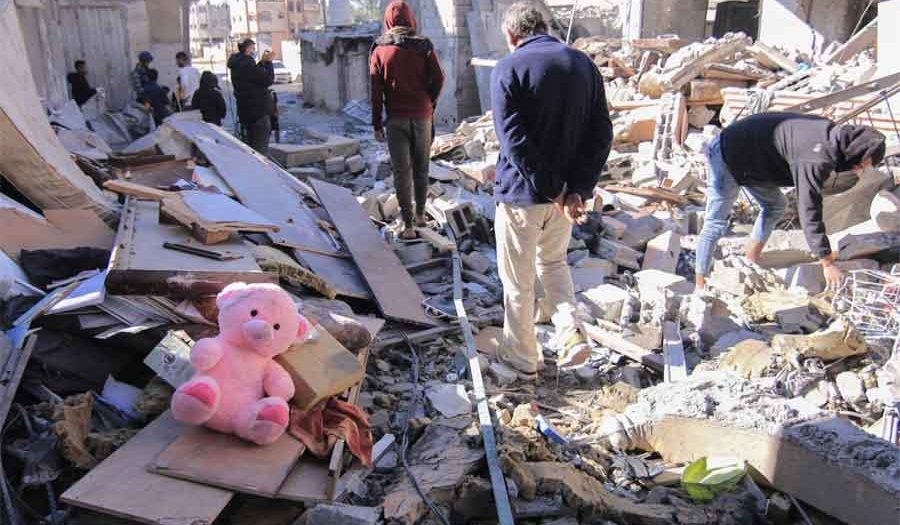United Nations human rights chief Volker Turk condemned the rampant hunger and looming famine in Gaza. He lamented the world’s inaction in the face of what he described as a man-made catastrophe despite the UN’s repeated alerts in the past months.
Turk said that “the situation of hunger, starvation and famine is a result of Israel’s extensive restrictions on the entry and distribution of humanitarian aid and commercial goods.” It was also linked to the “displacement of most of the population, as well as the destruction of crucial civilian infrastructure,” he said in a statement
“The extent of Israel’s continued restrictions on the entry of aid into Gaza, together with the manner in which it continues to conduct hostilities, may amount to the use of starvation as a method of war, which is a war crime,” he said.
Turk’s spokesman, Jeremy Laurence, told reporters in Geneva that the final determination of whether “starvation is being used as a weapon of war” would be determined by a court.
The warning comes a day after a UN-backed report said malnutrition and food insecurity have probably exceeded famine levels in Gaza’s north, and hunger-linked death rates were likely to do so soon.
A global anti-poverty charity on Monday denounced Israel for intentionally preventing the delivery of humanitarian aid to the Gaza Strip in violation of international humanitarian law. Oxfam said in a report on Monday that Israel continues to “systematically and deliberately block and undermine any meaningful international humanitarian response” in the Palestinian territory.
The independent non-governmental organization further noted that the Tel Aviv regime is openly flouting an emergency ruling by the International Court of Justice (ICJ) on January 26 to ensure the delivery of basic services and essential humanitarian aid to civilians in Gaza, and is failing its legal responsibility to protect people in the land it occupies.
“The ICJ order should have shocked Israeli leaders to change course; but since then, conditions in Gaza have actually worsened,” Oxfam Middle East and North Africa Director Sally Abi Khalil said.
 Escambray ENGLISH EDITION
Escambray ENGLISH EDITION





Escambray reserves the right to publish comments.